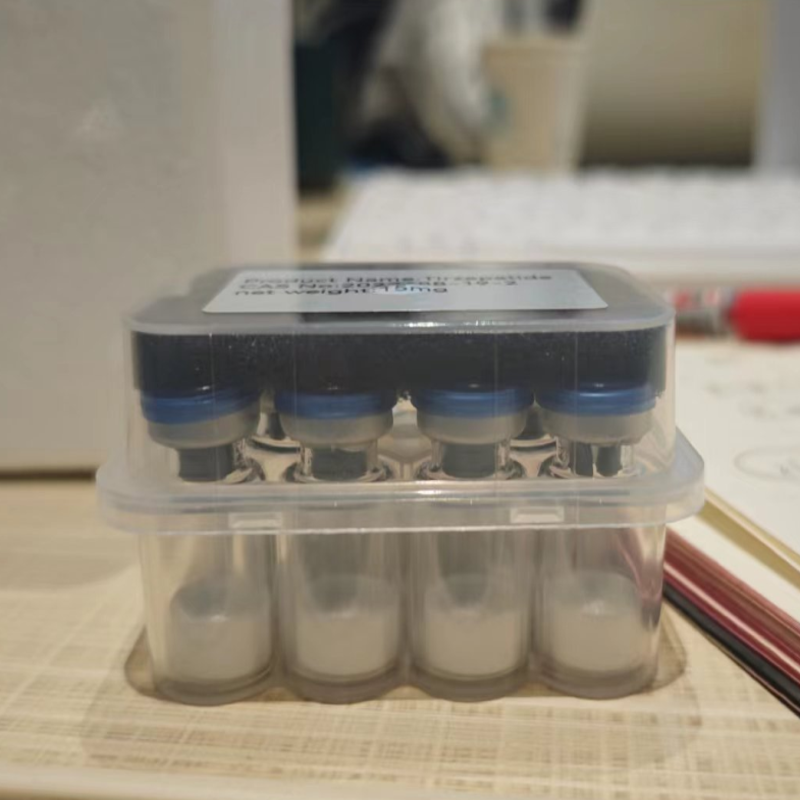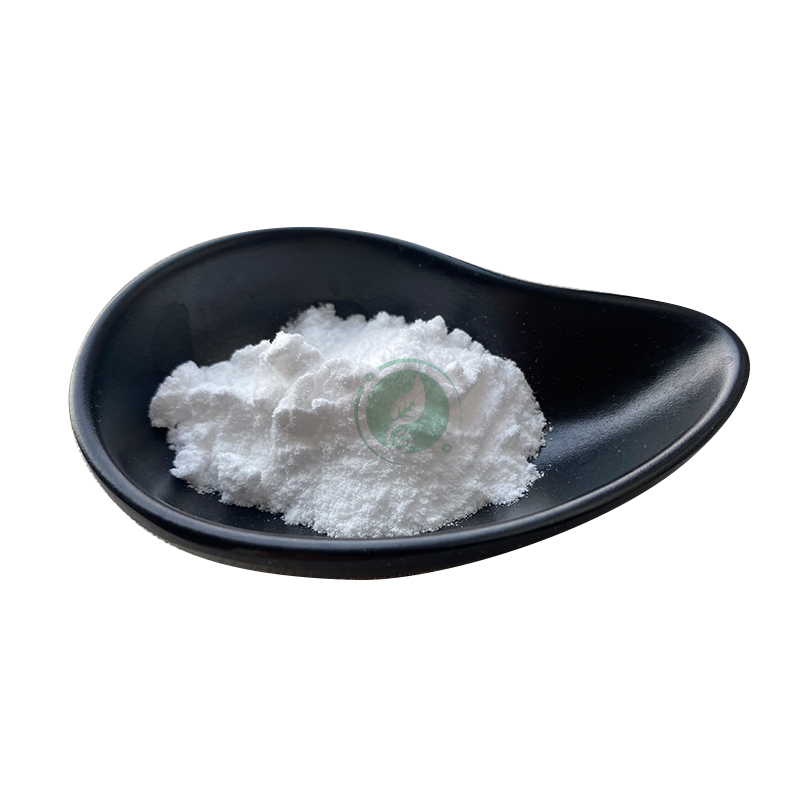-
Categories
-
Pharmaceutical Intermediates
-
Active Pharmaceutical Ingredients
-
Food Additives
- Industrial Coatings
- Agrochemicals
- Dyes and Pigments
- Surfactant
- Flavors and Fragrances
- Chemical Reagents
- Catalyst and Auxiliary
- Natural Products
- Inorganic Chemistry
-
Organic Chemistry
-
Biochemical Engineering
- Analytical Chemistry
-
Cosmetic Ingredient
- Water Treatment Chemical
-
Pharmaceutical Intermediates
Promotion
ECHEMI Mall
Wholesale
Weekly Price
Exhibition
News
-
Trade Service
Baylor College of Medicine, Texas Heart Institute and partner institutions are bringing a promising new gene therapy to the clinic
Published in "Science Translational Medicine, studies have shown that toppling hippos in the heart of the cardiomyocyte signaling pathway in pigs after their heart attack leads to renewal and improved function of the heart tissue compared to the hippo signaling pathway in the pig heart without modification
Heart failure is still the leading cause of death in the Western world, causing more deaths than all cancers combined
"One of the interests of my laboratory is to develop methods to heal myocardium through research pathways involved in heart development and regeneration," said Ph.
Previous studies have shown that when patients with heart failure, the activity of the Hippo signaling pathway increases, and its role is to inhibit heart repair
"Encouraged by these results, we took the next step to test whether closing the hippo signaling pathway in the pig heart would also help the injured heart recover," said the first author, Dr.
Before applying gene therapy to humans, the first critical step of translation
In the current study, the researchers simulated the condition of a human patient with a heart attack in pigs and evaluated the effect of gene therapy that inhibits the hippo signaling pathway on heart recovery
"The condition of a pig with a heart attack is similar to what you might find in a human patient whose heart aorta is blocked causing a myocardial infarction," Martin explained
"We are very excited about the results," Liu said
"Our findings support our goal of continuing human clinical trials," Martin said
###







